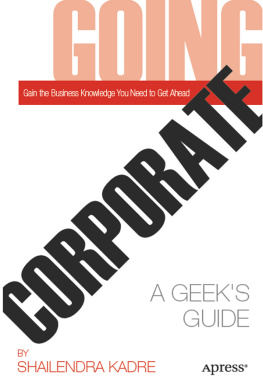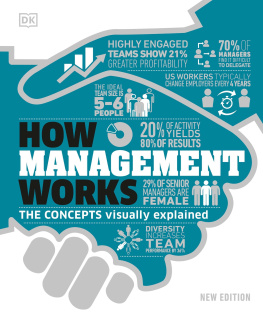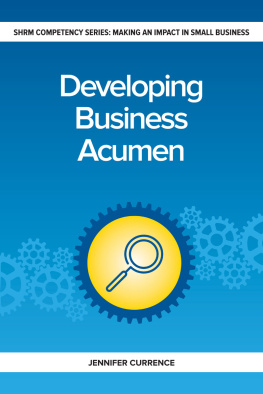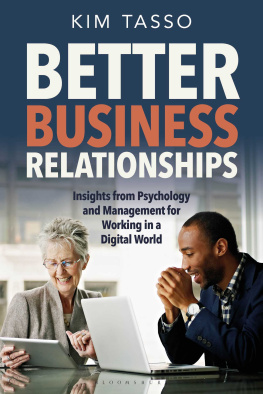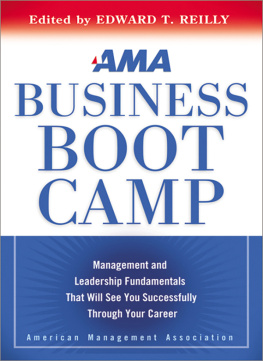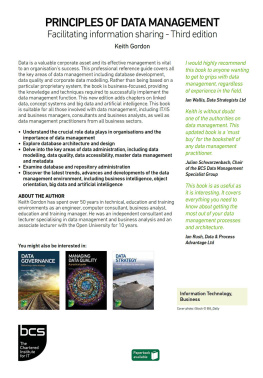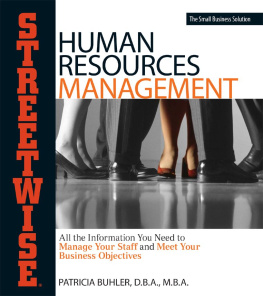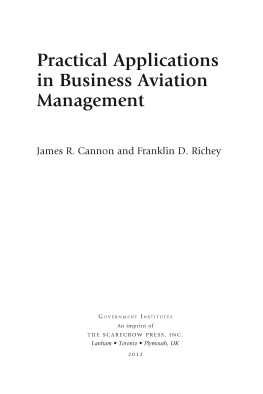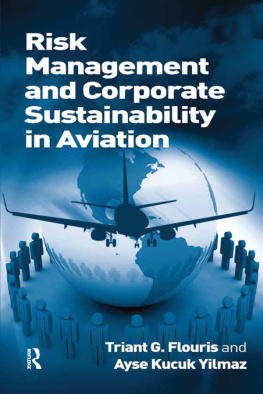GOING CORPORATE: A Geek's Guide
Copyright 2011 by Shailendra Kadre
All rights reserved. No part of this work may be reproduced or transmitted in any form or by any means, electronic or mechanical, including photocopying, recording, or by any information storage or retrieval system, without the prior written permission of the copyright owner and the publisher.
ISBN-13 (pbk): 978-1-4302-3701-3
ISBN-13 (electronic): 978-1-4302-3702-0
Printed and bound in the United States of America 9 8 7 6 5 4 3 2 1
Trademarked names may appear in this book. Rather than use a trademark symbol with every occurrence of a trademarked name, we use the names only in an editorial fashion and to the benefit of the trademark owner, with no intention of infringement of the trademark.
Lead Editor: Jeff Olson
Technical Reviewer: Philip Alexander
Editorial Board: Steve Anglin, Mark Beckner, Ewan Buckingham, Gary Cornell,
Jonathan Gennick, Jonathan Hassell, Michelle Lowman, James, Markham,
Matthew Moodie, Jeff Olson, Jeffrey Pepper, Frank Pohlmann, Douglas
Pundick, Ben Renow-Clarke, Dominic Shakeshaft, Matt Wade, Tom Welsh
Coordinating Editor: Jessica Belanger
Copy Editors: Sharon Wilkey and Kimberly Burton
Production Manager: Brigid Duffy
Compositor: Mary Sudul
Indexer: Dhaneesh Kumar
Cover Designer: Anna Ischenko
Distributed to the book trade worldwide by Springer-Verlag New York, Inc., 233 Spring Street, 6th Floor, New York, NY 10013. Phone 1-800-SPRINGER, fax 201-348-4505, e-mail .
For information on translations, please contact us by e-mail at .
Apress and friends of ED books may be purchased in bulk for academic, corporate, or promotional use. eBook versions and licenses are also available for most titles. For more information, reference our Special Bulk SaleseBook Licensing web page at http://www.apress.com/bulk-sales.
The information in this book is distributed on an as is basis, without warranty. Although every precaution has been taken in the preparation of this work, neither the author(s) nor Apress shall have any liability to any person or entity with respect to any loss or damage caused or alleged to be caused directly or indirectly by the information contained in this work.
To
My mother, Shakuntala Kadre
and
My wife, Meenakshi Kadre
Contents at a Glance
Contents
About the Author
Shailendra Kadre has more than 17 years of industry experience, including 15 years in the Information Technology domain with services and products companies such as Satyam Computers, TCS (TATA Consultancy Services), and Oracle Financial Services Software. He has handled large customer accounts with multilocation project teams. He has also handled many large IT outsourcing deals as a bid manager. As a presales manager, he was instrumental in winning a $200 million deal for Satyam Computers. Later he worked as a transition manager from Austin, Texas, on the same assignment. He specializes in IT delivery and operations management. Kadre has also worked extensively in the manufacturing and capital markets sectors. On the technology side, he has hands-on experience designing and structuring complex web applications.
Kadre holds a master's degree in mechanical engineering from the Indian Institute of Technology (IIT) in Delhi. He is certified as a PMP and as a lead auditor for information security. He has published in the fields of management and IT consulting, mainly focusing on improving operational efficiencies and business transformation. He is also active as a writer and reviewer in various professional forums and trade journals. Currently, Kadre resides in Bangalore with his wife Meenakshi and two children. His hobbies include playing tennis, traveling, and photography.
About the Technical Reviewer
Philip Alexander began his career in computers back in the late 1980s while serving in the U.S. military. Since then, he has worked in both the public and private sectors in positions including engineer, project manager, principal security consultant, security architect, and IT director. He currently works for Wells Fargo Bank as an information security officer.
Philip is also an author of three books: Data Breach Disclosure Laws A State by State Perspective, Information Security: A Manager's Guide to Thwarting Data Thieves and Hackers, and Home and Small Business Guide to Protecting your Computer Network, Electronic Assets, and Privacy. He is also an avid public speaker, and he regularly presents at security conferences around the country and abroad on a wide range of topics.
Foreword
When Shailendra Kadre asked me to write this foreword, I was truly humbled and curious. My technical expertise is negligible, so why ask me? Over the course of the time that I have known Mr. Kadre, I have learned that he possesses both exemplary technical and leadership skillsa rare combination of attributes. What I have also learned about him through the course of our association is that he embraces the fact that it is leadership that makes the difference between average and excellent in any organization. While technology is exciting, it takes the human touch to turn it into something brilliant.
This brings me to the point where I am writing the foreword to the book. The thing that drives methat I am passionate aboutis assisting people and teams to be all that they can be so that they can transform organizations and communities. The fact that Mr. Kadre honored me with the opportunity to write the foreword speaks volumes about the level of importance that he places on effective leadership. Indeed, he understands that as our dependence on technology deepens, our need for skilled leaders grows exponentially.
Our society is fraught with the most rapid change ever experienced by mankind. Archeologists know that, historically, change in human society was not measured in years, but in millennia. Each improvement in technology took thousands of years of slow evolution to implement.
Then, around 1900, all of that changed. Up until that time a person could expect to see little or no change in their environment during their lifespan. They knew how to plan for and react to most situations. Elders could pass on a wealth of knowledge regarding the solutions to life's challenges because those challenges were predictable. Now, the emphasis is on remaining flexible and adaptable to the ever-changing environment in order to survive.
Consider that in a single life span, a person born in 1900 saw the advent of the radio, television, cars, motorcycles, airplanes, space travel, a moon landing, genetic engineering, a cloned sheep, two world wars, computers, organ transplants and other medical miracles, an ushering in of the nuclear age, and a host of other changes both good and bad.
Technology has allowed businesses of all sizes and descriptions to accomplish things that would have been considered science fiction a short time ago. Seemingly the only boundaries of what we can accomplish are those that our own imaginations impose on us. It is truly amazing when you think that the average home computer is more powerful than what major corporations would have invested millions of dollars to acquire a few decades ago.
Yet there is a dark side to the rapid changes that technology has allowed us. With change comes uncertainty and stress. Therefore, now more than ever, organizations need strong leaders. These individuals are not the paternalistic supervisors of the past who micromanaged with a heavy hand, and who were expected to have all the answers and be obeyed without question, as described in the classical management theories.

